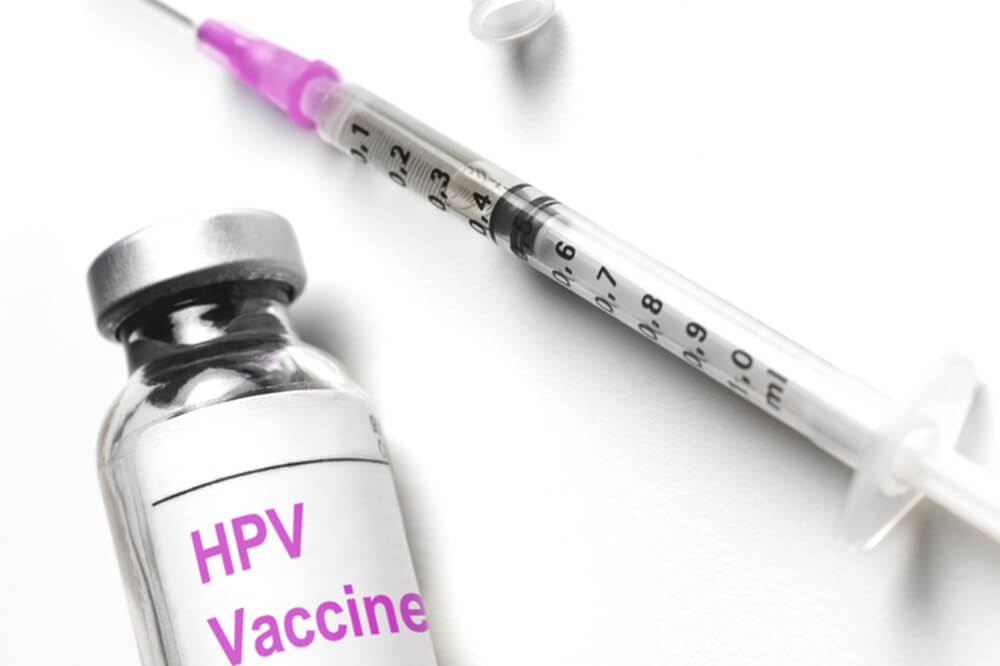The three-year campaign to bring vaccines against human papillomavirus (HPV) to low-income countries has saved 1.4 million lives, the vaccine alliance Gavi said Monday.
In a statement to mark World Cervical Cancer Elimination Day, the alliance noted that an estimated 86 million girls are now protected against the leading cause of cervical cancer.
“An estimated 86 million girls are now protected against the leading cause of cervical cancer, thanks to a concerted three-year effort by Gavi, the Vaccine Alliance and lower-income countries,” it said, adding that “an estimated 1.4 million future deaths” had been prevented.
According to Gavi, cancer caused by HPV disproportionately affects low-income countries, which often lack screening services and access to treatment. These countries accounted for 90 per cent of the 350,000 cervical cancer deaths recorded in 2022.
The alliance’s chief executive, Sania Nishtar, commended the “incredible commitment” of countries and organisations for helping to reach the target of protecting 86 million girls.
The alliance also stated that across Africa, the coverage rate for the vaccine had risen from four percent of girls in 2014 to 44 per cent at the end of 2024, higher than for Europe at 38 per cent.
Advertisement
It added that it utilised economies of scale to reduce prices and make vaccines accessible to approximately 50 lower-income countries.
“Gavi secured commitments from manufacturers to invest in HPV vaccines–– and the price of HPV vaccines in Gavi-supported countries is now between $2.90 and $5.18 per dose, compared with US$100 or more elsewhere.
“This collaborative effort is driving major global progress towards eliminating one of the deadliest diseases affecting women,” she said, while stressing that cancer still kills a woman every two minutes,” the statement said.
The World Health Organization (WHO) officially backed a single-dose HPV vaccination schedule instead of the previous two doses in 2022, allowing twice as many girls to be vaccinated with existing stocks.
Recognising its success, it stated that 90 per cent of girls have been vaccinated against HPV by age 15, 70 per cent of women screened with a high-performance test by age 35 and at 45, while 90 per cent of women and others HPV receiving treatment.
Advertisement
The global health body urged united action to ensure that every girl is protected through vaccination, and every woman has access to prevention, screening and care.

